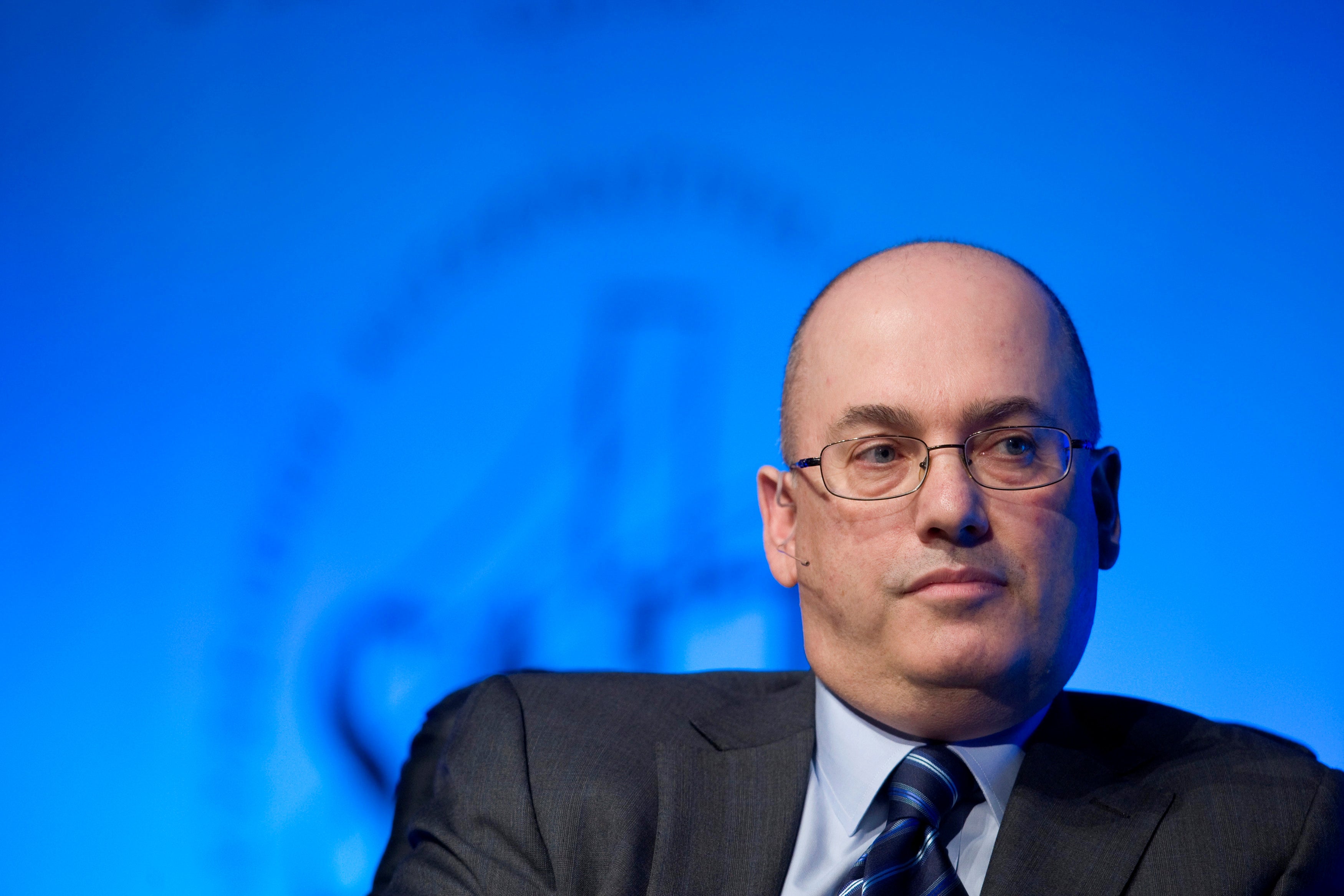Read this before you cheer the humbling of hedge funds by online day traders
It’s easy to cheer the bloody nose given to wealthy hedge fund managers this week. But we also ought to remember some persistent realities about financial markets, not least that short-selling overvalued companies can be socially useful, says Ben Chu


Sebastian Mallaby’s history of hedge funds, published in 2010, had the provocative title More Money than God.
Mallaby recounts how one hedge fund boss had his $50m private jet fitted with a crib for his baby, how another put transmitters on the turtles that lived on his private island so he could monitor their mating habits, and how a third had the roof of his private movie theatre decorated with the pattern of the stars on his wedding night 16 years earlier.
Such conspicuous consumption, doubtless, helps to explain why so many have taken such pleasure at seeing these financial titans put to the sword by a motley bunch of day-trading Redditors.
No one cheers on Goliath against David, not least when Goliath is also the wealthiest Philistine in the desert.
It’s hard to take hedge funds very seriously when they fulminate about the supposed manipulation of stock prices, given they’ve faced many accusations of similar skulduggery themselves down the years.
Melvin Capital, the hedge fund which registered a reported $3.7bn loss this week as ordinary online traders put on a brutal squeeze on its short position in the retailer GameStop, is run by someone called Gabriel Plotkin.
Plotkin previously worked for a hedge fund, SAC Capital, that shut down in 2013 in the wake of a well-publicised insider trading scandal.
Reuters reported that year that Plotkin himself was linked to that insider trading.
Even more deliciously, Melvin Capital, before it threw in the towel on its short position, had been bailed out by a $750m injection of funds from Steven Cohen, SAC Capital’s founder.
Perhaps what goes around really does come around.
It’s also hard to take very seriously the calls from some in the sector for regulators to crack down on the beastly online traders, given they’ve spent much of the decade since the financial crisis lobbying against attempts by regulators to curb their own short-selling practices.
What’s sauce for the hedge fund goose is surely sauce for the day trader’s gander.
Yet before we get too marinated in schadenfreude, it’s worth remembering some persistent realities about financial markets.
First, that if something cannot go on forever it will, well, stop. The aptly named GameStop has not become a long-term viable company, let alone a soaraway growth stock, simply because lots of day traders have bought its shares this week and typed a lot of messages about it “going to the moon”.
Nothing in the shopping mall-based video game retailer’s real world business prospects have changed – it remains a bricks and mortar company in a sector where there is an obvious and likely inexorable trend towards digital downloads.
The share price will almost certainly fall back to planet Earth as the mania fades and it’s very likely that other hedge funds, perhaps even Melvin, will pile in at that point to short-sell the stock and recoup some of their losses in the debacle of the past week.
The ultimate losers from this saga – which includes farcical bubbles in the likes of cinema chain AMC Entertainment and once cutting-edge pager maker Blackberry – will probably be those small traders lured in by the hype and romance of the story of the little guys giving the hedge funds a bloody nose.
Some of those little guys will lose money that they simply can’t afford to lose. Not so much to smile about there.
The second market reality to bear in mind is that short-selling hedge funds – no matter how unattractive a figure they might cut at times – play a useful, perhaps even vital, role in stock markets.
They are a salutary sceptical voice amid the cacophony of boosterism created by investment banks (employed by the companies whose shares they are selling) and hired corporate lobbyists.
Short-selling funds such as Muddy Waters do diligent and impressive investigations into the reality of firms’ operations, looking beyond their opaque reports and public relations flannel.
Such funds sounded a clear warning about the precarious balance sheet of the doomed UK construction firm Carillion, while auditors and civil servants were giving the company a sparkling bill of health.
They have helped uncover major frauds, most recently the European payments firm Wirecard, which even, disgracefully, had the German financial regulator apparently eating out of its hand.
Moreover, short-sellers – when they take a bet that a company’s share price will fall – do risk their own money in the process, as the madness of this week has, if nothing else, demonstrated.
Or at least they risk some of their own money. One of the things that has changed since Mallaby’s book was published is that there has been a mighty rush by pension and insurance fund managers to invest in hedge funds.
Estimated pension fund allocations to the sector peaked at 10 per cent of total assets in 2018. They have since subsided but still stand at around 5 per cent. That adds up to hundreds of billions of dollars of ordinary savers’ money.
The real scandal of the sector is not their short-selling strategies, but their exorbitant management fees and the awful performance of the majority, despite their claims of delivering superior returns in return for all that money.
Many perfectly ordinary people who save regularly into perfectly ordinary workplace pensions will – probably entirely unknowingly – be investing their money in hedge funds.
And many of these will not be socially useful corporate short-sellers, but overpriced funds run by grossly overpaid managers who fail to do better than the general market over either a short- or medium-investment horizon.
People who yearn to see the humbling of the financial titans might want to start by checking their own pension statement.


Join our commenting forum
Join thought-provoking conversations, follow other Independent readers and see their replies
Comments